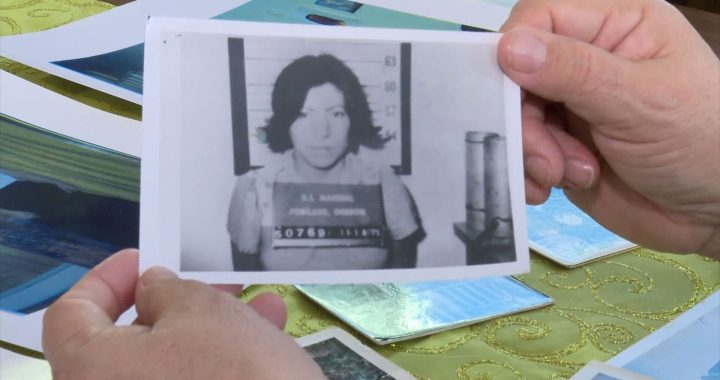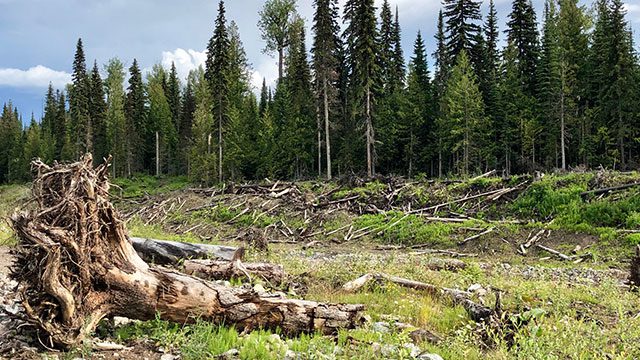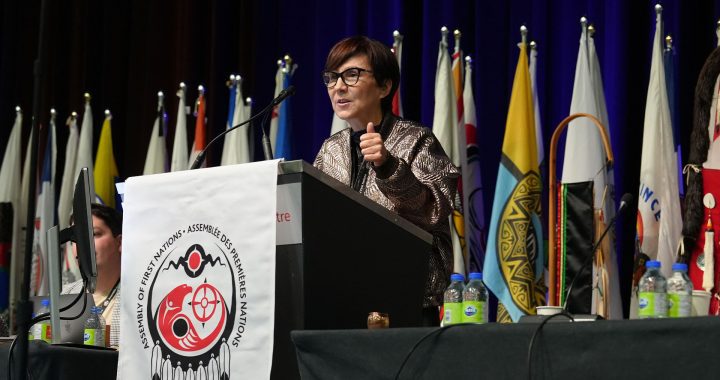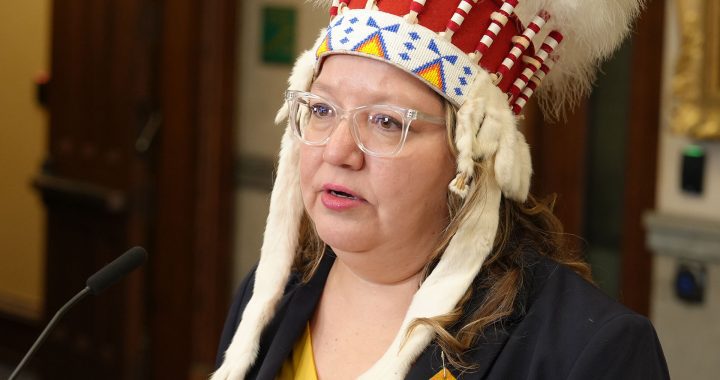It’s called no more kiyam, and it’s aimed at preventing elder abuse.
Dozens of elders were on hand at the Edmonton Aboriginal Seniors Centre to learn what to do if they go to the hospital and no one listens to them or abuses them as a part of World Elder Abuse Awareness Day.
Lese Skidmore is a media producer for Bearpaw media and education, a part of Native Counselling Services.
She says Indigenous seniors do not always get treated as well as they should. The session was to raise awareness about the types of elder abuse to which they are vulnerable.
“We wanted to share important information with seniors today. This information can help speak up when they are in situation where they are uncomfortable, where they are not being heard. And so, it’s good information to have anytime,” says Skidmore.
Skidmore wants Elders to know that there are support and resources available.
“All across Canada, there are Indigenous people who aren’t getting the care that they need. Sometimes that is fatal. We want people to understand that they need to speak up there are places to go to resolve conflicts and make complaints,” she says.
The World Health Organization defines elder abuse as “a single, or repeated act, or lack of appropriate action, occurring within any relationship where there is an expectation of trust, which causes harm or distress to an older person.”
According to a 2022 fact sheet from the Government of Alberta there is limited data about elder abuse in Canada.
“A key reason is that many cases of elder abuse go unreported. However, various studies indicate that between four and eight per cent of older adults in Canada are likely to experience elder abuse,” says the fact sheet.
Rocky Ward is the programming manager with the Native Counselling Services of Alberta.
Read More:
She spoke with attendees about the medical and financial abuse to which seniors are exposed. She wants Elders to know they should speak up if they feel they have been wronged.
“You do have a right as a human being, and as a senior you do have a lot of rights. And speaking up for yourself. Not being afraid of speaking up for yourself.
“To be present in your own life. To get out of your own way. Sometimes we let other people dictate what we need,” Ward told APTN News.










